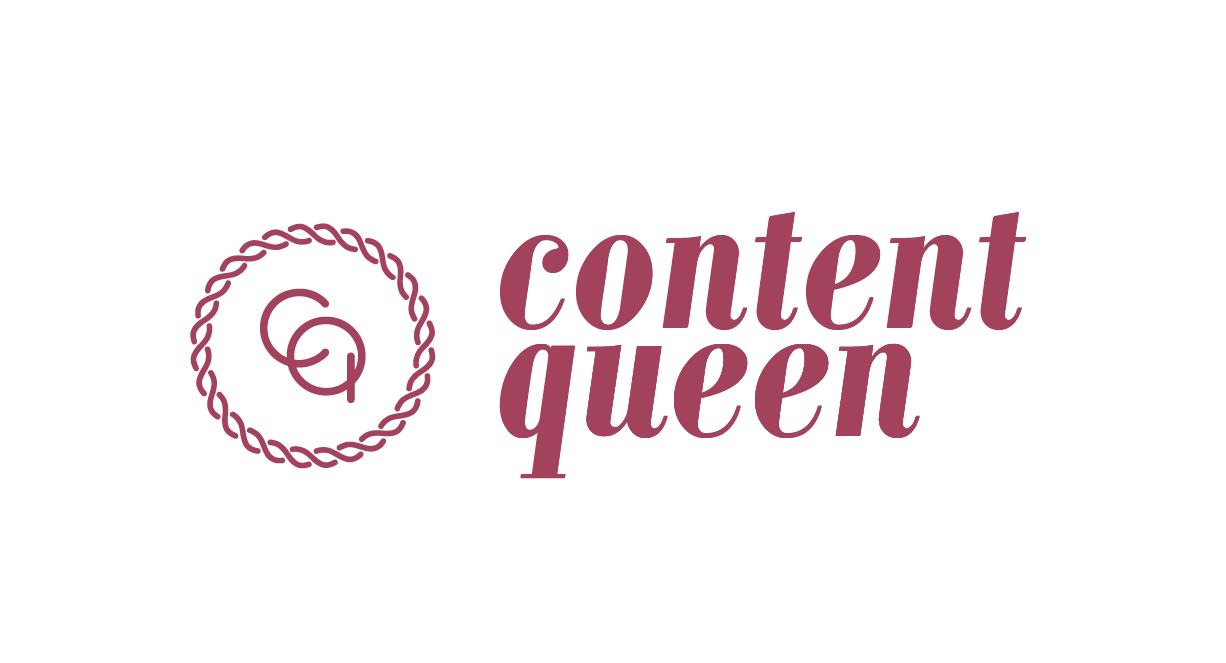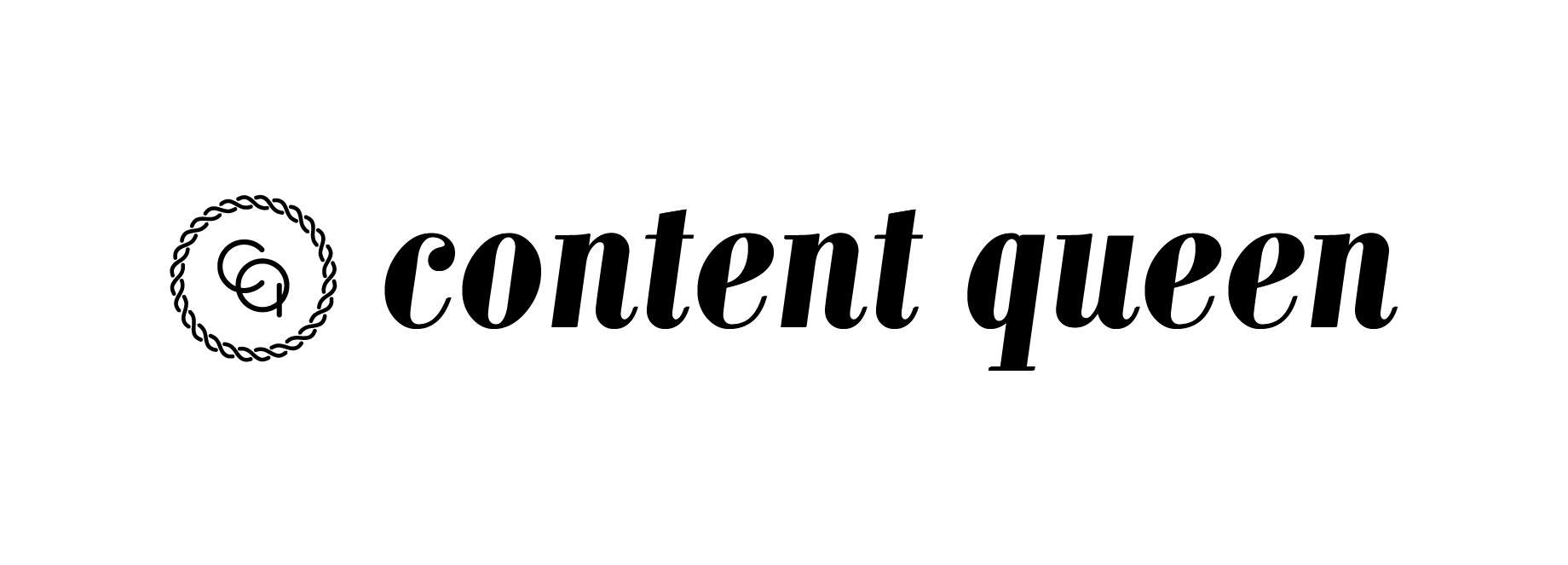How to research to write killer content
Let’s talk about research! Trust me, I know this sounds like such a drag, you don’t have to tell me twice. But, research is so crucial, especially as a freelance writer or content creator!
Research is definitely the most time consuming part of the writing process, however once you have that down pat, you will be laughing because the writing will come so naturally to you!
Think about it, when you are writing about something you know, it takes you very little time to write and with practice, you will be writing 1000 words as easy as writing a message to your best friend.
Okay, so how do we get to this stage? Well, it is by perfecting your research routine. So, I am going to take you through the process of researching, along with some tips you can take away to get the most out of your research so you have the right information for your piece.
Let’s do this in story form, I like a good story. Your client gives you a topic to write on, let’s say “why vitamin C is good for your skin”. Firstly, you want to get your keywords down and ready to go.
Working on my way to EURO
Google Trends will get you started
Google trends is a great resource for this, if you type in “Vitamin C” and “skin”, you will be given results on where it is being searched and even some terms people are putting into Google, so this might be “vitamin C creams” over “vitamin C gel”, so then you know what is popular and what is going to get your audiences attention.
Of course, the trusted Google search
Once the keywords are set, you can use good old Google to get the basis of your research done. Don’t be afraid to look at Wikipedia to begin with - although definitely not your source of truth, it can help with your background research.
Then of course other pages listed in your first Google search. For a topic like Vitamin C and how it impacts skin, it is worth getting a background on vitamin C before actually adding the “impact on skin” element to the search. This way you get the overall benefits of vitamin C before you start diving in.
Just journaling in Croatia
Let’s get technical - Google Scholar and Google Books
For a more trusted source and some factual evidence (maybe even stats, everyone loves stats), Google Scholar and Google Books are a great resource. If you can’t get the whole book, try Amazon or iBooks, sometimes they offer more of a sample. Google Scholar and Books will give you some more background but also more evidence to put forth in your article (sometimes the topic isn’t sophisticated enough to use this function, but try anyway).
You can go further than page one of the search
When searching on Google, don’t be scared to go past page one, or even past the first three results, remember sometimes the first few searches are ads anyway. Just because someone’s SEO isn’t up to scratch to be seen on page one of Google, doesn’t mean the content isn’t good. Do more in-depth searching for your topic to get the most information you can.
Google is the bestie
Google isn’t your only bestie
Already I have spoken A LOT about Google, but Google isn’t the only search engine. My computer for some reason defaulted to Bing, so I have been using Bing and Google to get as much information as I can. Remember their algorithms are both different so they are going to provide different results, giving you as must information as you need!
Forums are GOLD
Quora is the BEST! Basically it is the new version of Yahoo Answers (that was the source of my whole teenage years). The platform is a questions and answers forum where people can engage and help answer questions. Obviously they are not 100% accurate just like Wikipedia (because it is created without factual evidence), but a lot of the time people provide websites and resources. It is also a great way to connect with people who need writing services (more of this another time).
You can use Facebook groups, Quora and any forum to ask questions and find answers to your topic, people are very resourceful! If you can’t find your answer, ask it yourself!
A notepad also helps
Where to store the information
Once you have all your research, what are you meant to do with it? Just open a word document and paste everything in, all raw (no we are NOT copying this, we are getting it into the process where we can digest it).
In a document, you can begin to delete sections and segregate them into subheadings, because as we know this is the best way content is digested.
Store all the content in one document and if you have time after you have separated it all, leave it. Even if it is for a few hours, leave it and come back to it so you can begin to digest.
How to digest the content
If you have had a chance to have a break after the researching process, that is great! Either way you need to be able to digest the content you have found. Having it in subheadings makes it a lot easier to write so type up the following:
INTRO
SUB 1
SUB 2
SUB 3
Etc..
TIP: if you are on a website and you aren’t sure where to begin to find what is relevant use “find” and type if your keyword, say “vitamin C”, then it will be highlighted on the page for you to see if it is relevant.
My next tip? Look at the subheading in the content along with the conclusion, these will give you some idea if the content is relevant to you or if you need to find something else. You don’t have to read the whole webpage to see if it will be related to your topic.
Get writing
Digest the information as much as you can and then there is only one this left for you to do and trust me, this is the easy part, write the article! Once you know the topic, it will not take you a long time to right. You know how I know this? Because this article took me 30 minutes to right, because I knew the topic, I knew what I needed to say.
Final thoughts
When a client comes to you with an article, as a freelance writer you need a game plan. First you MUST research. Don’t make a start and research as you go, your content will get lost and it will be very hard for you to bring it all together to make sense.
The first thing you should do when you get your next job, even if you have a week to write it is, digest the topic, make a start on the research (set yourself a 25 minute timer to get some core background research done) and then once you have digested the research, start writing.
Do you want to learn more about writing? Check out these two blog!





